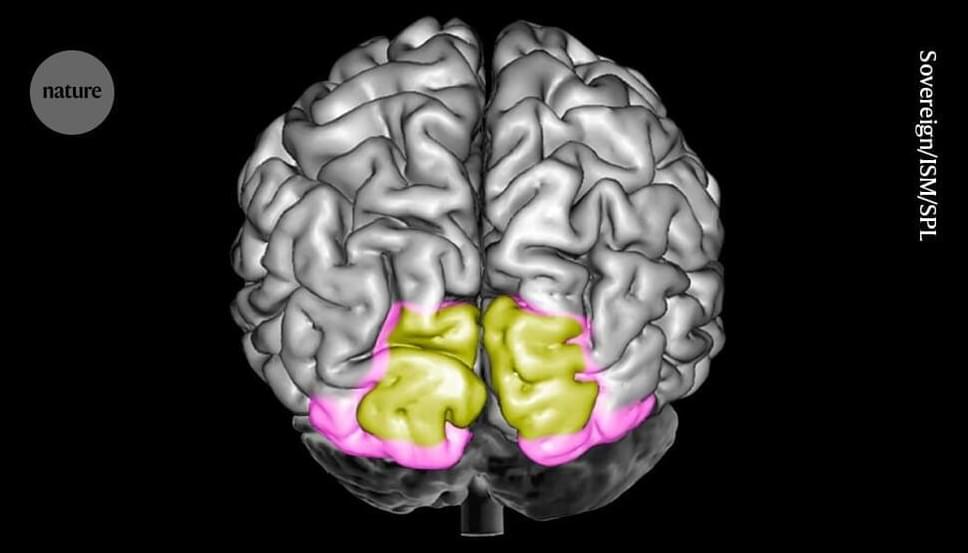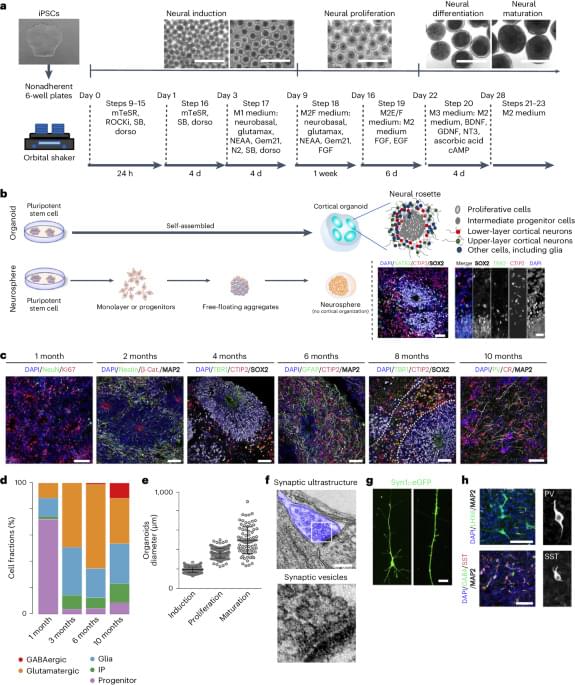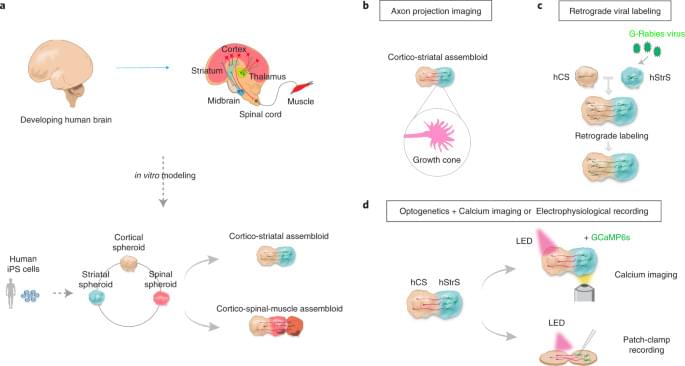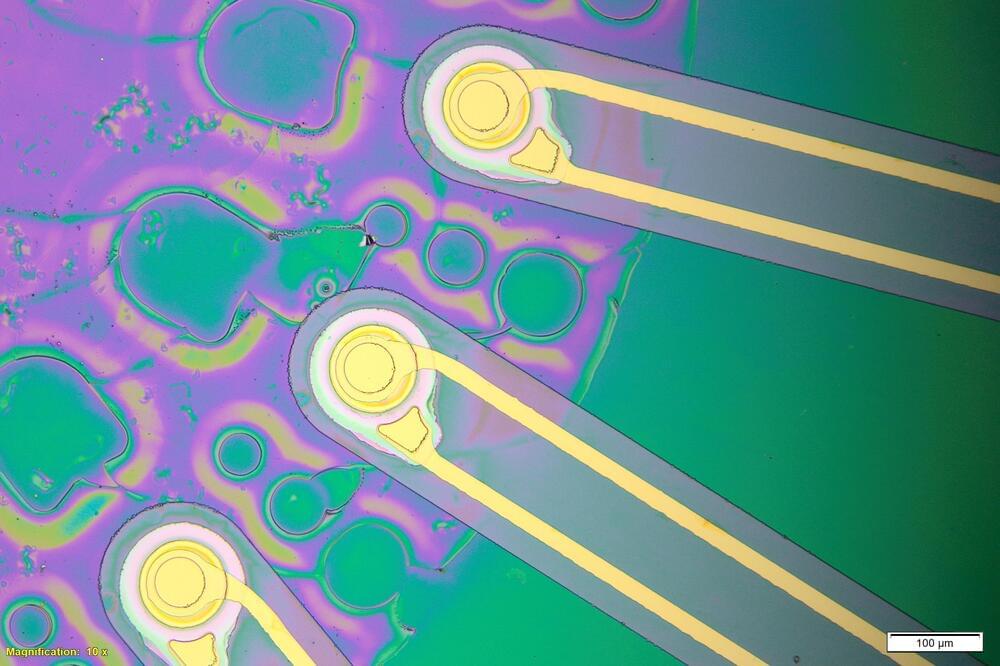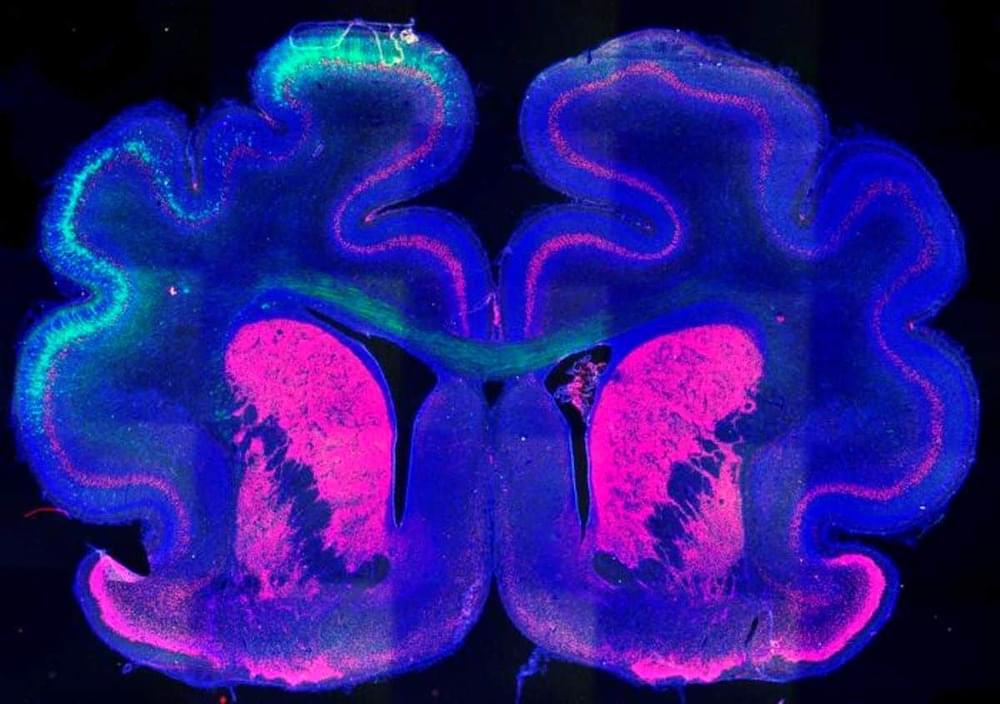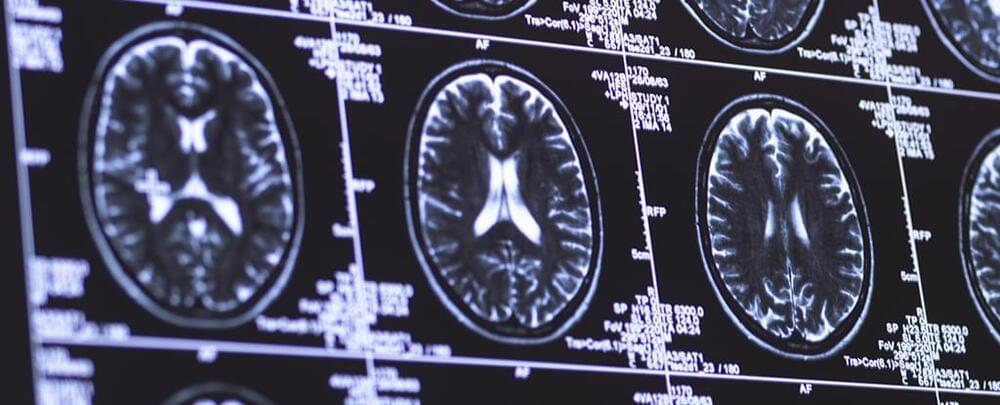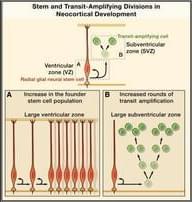Picture a strawberry. Most people can easily distinguish between that image in their mind’s eye and an actual strawberry. Now researchers say that they’ve worked out how the brain draws this distinction and where in the brain the process happens.
According to a study1 in monkeys, the key part of the brain is the primary visual cortex, which is also involved in vision. The authors found that neurons in this region displayed a different activity pattern for images conjured up from memory compared with that for real-time visual input. They conclude that the primary visual cortex is crucial for recalling images stored in memory.
“It’s an intriguing study that goes beyond what we know in several ways,” says cognitive neuroscientist Floris de Lange at Radboud University in Nijmegen, the Netherlands, who was not involved in the work. But others in the field, such as Julio Martinez-Trujillo, a cognitive neurophysiologist at Western University in London, Ontario, Canada, says that another area of the brain, the prefrontal cortex, is more likely than the visual cortex to be key for recalling images.
